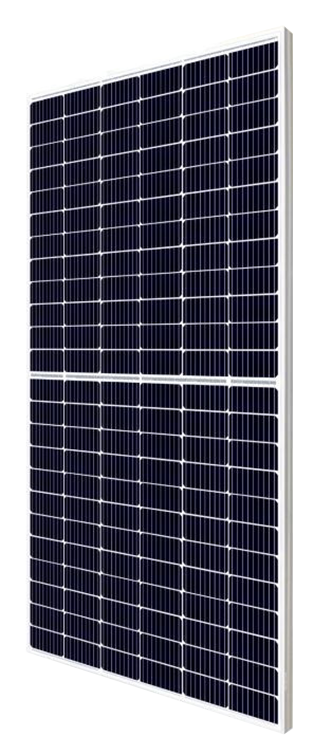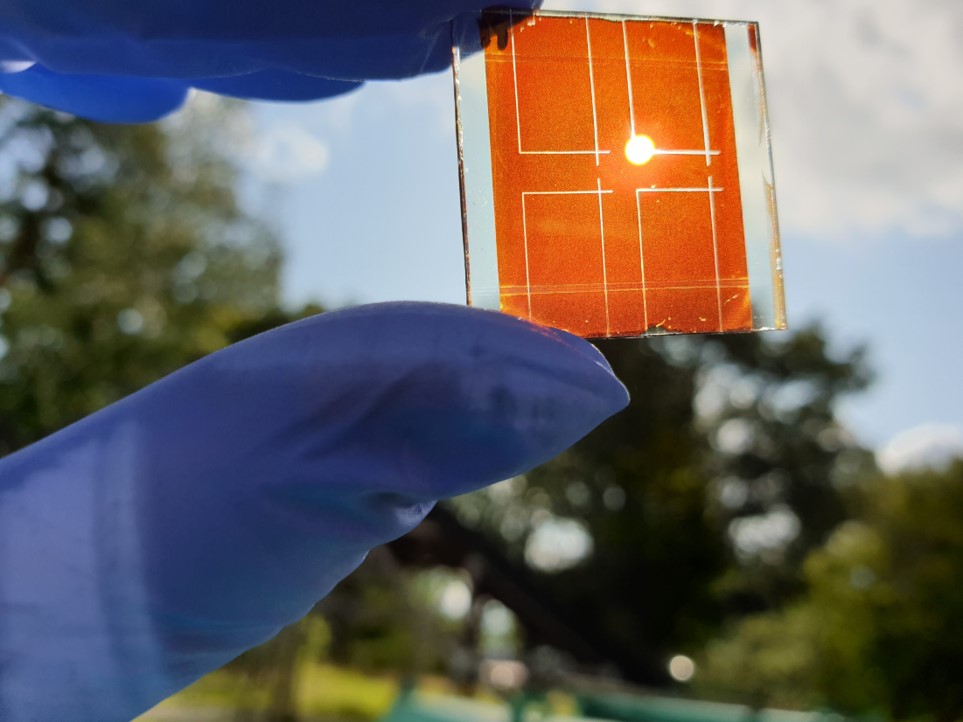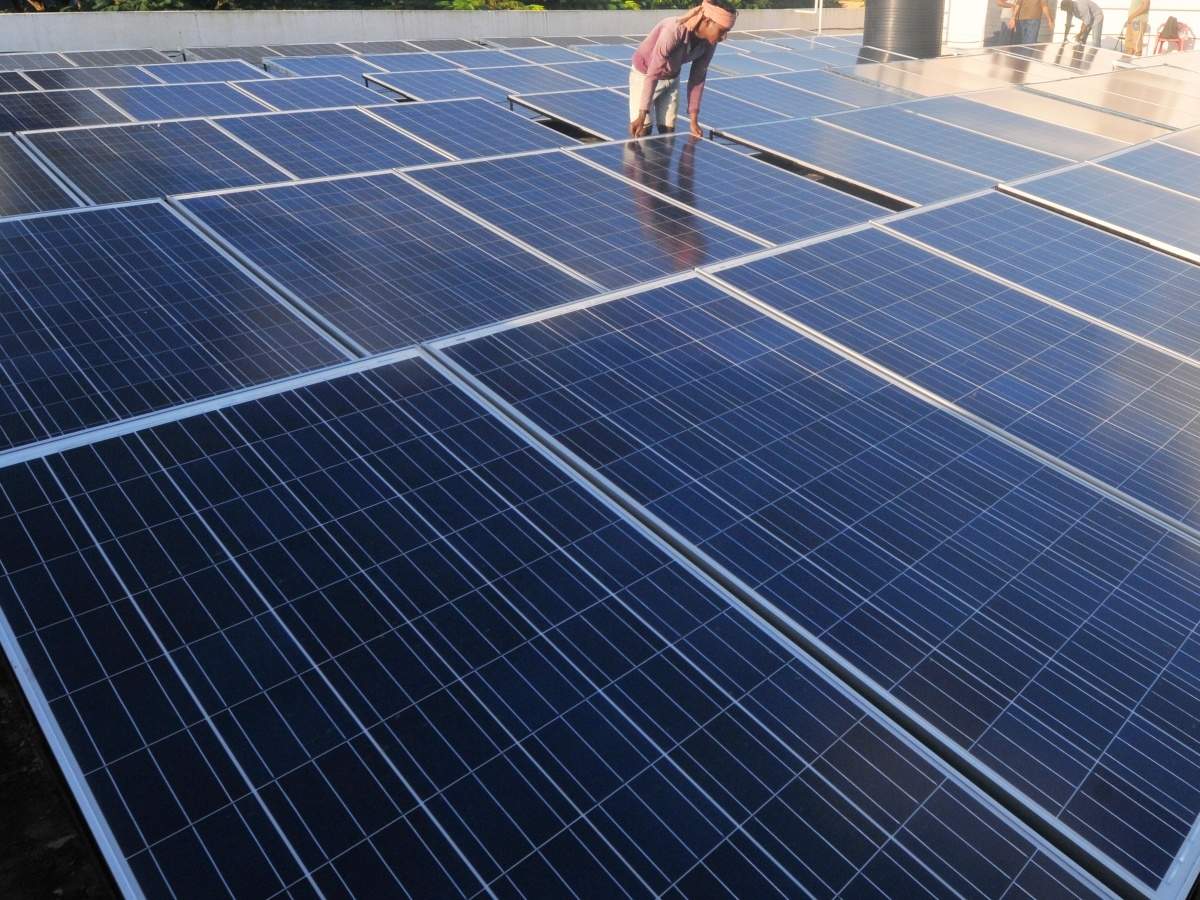
You can reap many benefits from installing your own solar panels. This will help you save money on your electricity, but it will also take time. You will need to get permits and connect the panels. Before you decide to go ahead with your project, consider the pros and cons. These are the main benefits and drawbacks of DIY solar panels. These tips can help you make an informed decision about which option is best for you.
Solar panels for diy cost
Although DIY solar panels are an economical way to save money, you need to consider the cost of installation. First, you should consider the type of solar cells you want to use. Mono-Crystalline is the best choice, as they are more efficient at producing current. Mono-Crystallines are more expensive that poly-cells. Therefore, it is important to compare costs.

Time-consuming installation
Although DIY solar projects can be cost-effective, there are still some downsides. The process can be complicated and expensive. You may need professionals depending on the size of your panel to properly install it. Additionally, research is necessary in order to gather the right materials. DIY projects can be difficult to complete, which can cause more problems later. Do-it-yourself solar panels might not be the best option if you want to go off grid.
Interconnections: Cost
If you're considering installing DIY solar panels, you'll likely have to pay for interconnections. Prices vary depending on the size and complexity of the project, as well as how labor intensive it is. Public service companies, such as PSE, are working to make the process easier for DIYers. The company has expanded their training programs and removed several steps to streamline the process. There are still many obstacles.
Building permits: Cost
Before you can install DIY solar panels, you need to get the proper building permits. These are issued locally by authorities to ensure that solar panels comply with local building codes. Each state has its own rules and regulations. You can consult an expert if in doubt about the building codes of your state. The best way to save money and time on building permits is to get an all-in-one solar kit from a solar provider.

Cost of battery storage
When installing DIY solar panels, you should also consider the cost of battery storage. The price of lithium-ion cells is typically between $4,000 and $1,000 per kilowatt. But larger batteries could cost as much as $35,000 per kilowatt-hour. The battery storage price will depend on the size of the batteries and their kilowatt-hour capacities. The more battery capacity you need, the higher the price.